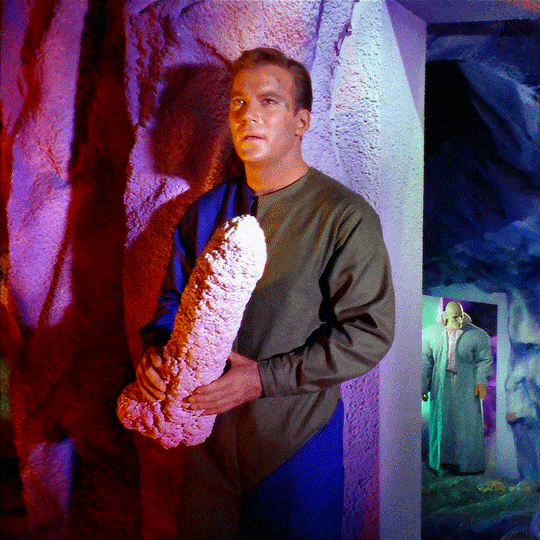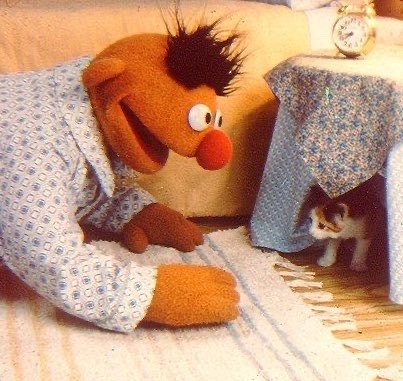Don't wanna be here? Send us removal request.
Text

🍄 🍁 🐌 🐜 🪳✨ // Omphalotus illudens, the bioluminescent jack o' lantern mushroom // gouache on paper
20K notes
·
View notes
Photo


STAR TREK - THE ORIGINAL SERIES Season One, Episode Seven: What Are Little Girls Made Of?
5K notes
·
View notes
Text
it should be illegal to take a nap and still have a headache when you wake up. like no i shut it off and back on again why are you still here
160K notes
·
View notes
Text
I’m tired of hearing people say “Disney’s Cinderella is sanitized. In the original tale, the stepsisters cut off parts of their feet to make the slipper fit and get their eyes pecked out by birds in the end.”
I understand this mistake. I’m sure a lot of people buy copies of the complete Grimm’s Fairy Tales, see their tale of Aschenputtel translated as “Cinderella”, and assume what they’re reading is the “original” version of the tale. Or else they see Into the Woods and make the same assumption, because Sondheim and Lapine chose to base their Cinderella plot line on the Grimms’ Aschenputtel instead of on the more familiar version. It’s an understandable mistake. But I’m still tired of seeing it.
The Brothers Grimm didn’t originate the story of Cinderella. Their version, where there is no fairy godmother, the heroine gets her elegant clothes from a tree on her mother’s grave, and where yes, the stepsisters do cut off parts of their feet and get their eyes pecked out in the end, is not the “original.” Nor did Disney create the familiar version with the fairy godmother, the pumpkin coach, and the lack of any foot-cutting or eye-pecking.
If you really want the “original” version of the story, you’d have to go back to the 1st century Greco-Egyptian legend of Rhodopis. That tale is just this: “A Greek courtesan is bathing one day, when an eagle snatches up her sandal and carries it to the Pharaoh of Egypt. The Pharaoh searches for the owner of the sandal, finds her and makes her his queen.”
Or, if you want the first version of the entire plot, with a stepdaughter reduced to servitude by her stepmother, a special event that she’s forbidden to attend, fine clothes and shoes given to her by magic so she can attend, and her royal future husband finding her shoe after she loses it while running away, then it’s the Chinese tale of Ye Xian you’re looking for. In that version, she gets her clothes from the bones of a fish that was her only friend until her stepmother caught it and ate it.
But if you want the Cinderella story that Disney’s film was directly based on, then the version you want is the version by the French author Charles Perrault. His Cendrillon is the Cinderella story that became the best known in the Western world. His version features the fairy godmother, the pumpkin turned into a coach, mice into horses, etc, and no blood or grisly punishments for anyone. It was published in 1697. The Brothers Grimm’s Aschenputtel, with the tree on the grave, the foot-cutting, etc. was first published in 1812.
The Grimms’ grisly-edged version might feel older and more primitive while Perrault’s pretty version feels like a sanitized retelling, but such isn’t the case. They’re just two different countries’ variations on the tale, French and German, and Perrault’s is older. Nor is the Disney film sanitized. It’s based on Perrault.
99K notes
·
View notes
Text
the white-green gradient of a freshly chopped spring onion…. c'est magnifique
92K notes
·
View notes
Photo

Ode an die Delikatess Gewürzgurken / Friedrich Schiller (1785)
1K notes
·
View notes













